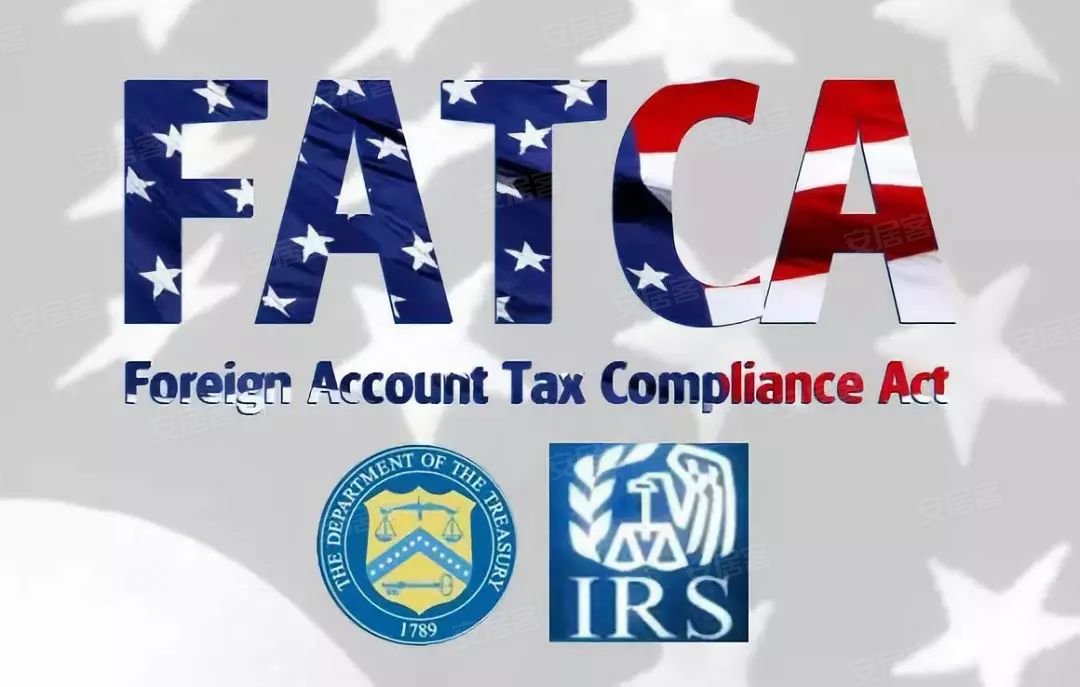
The Foreign Account Tax Compliance Act (FATCA) is a law passed by the United States in 2010 aimed at combating overseas tax evasion. According to this law, foreign financial institutions worldwide, such as Swiss banks, are required to report the account information of their US clients to the US Internal Revenue Service (IRS). If these financial institutions do not comply with this law, they will face a 30% tax deduction penalty in their transactions in the United States.
The report requires any foreign financial institution holding a US taxpayer account to report information about these accounts to the US Internal Revenue Service, including the identity of the account holder, account balance, income, and transaction records; Non financial foreign entities are also required to report information on their US shareholders.
In 2013, Switzerland and the United States reached an agreement to comply with the provisions of FATCA law. This also means that Swiss financial institutions need to collect certain information about their clients and may need to report their US client account information to the IRS. This agreement not only strengthens the US tax on overseas assets, but also changes Switzerland's long-standing position as a global financial center. After the implementation of the agreement, many Swiss banks began to handle US customer accounts more cautiously to avoid violating FATCA laws.
FATCA is an important legal tool in the United States to combat overseas tax evasion, which enhances tax transparency by forcing global financial institutions to report account information of US taxpayers. FATCA requires financial institutions worldwide to establish complex compliance systems to identify and report US accounts. This increases the compliance costs and operational complexity of financial institutions, while also promoting international tax cooperation and information exchange. Many countries have signed intergovernmental agreements (IGAs) with the United States to simplify the implementation of FATCA, which helps to combat tax evasion globally.
However, since the implementation of FATCA, there have been constant voices of questioning. One challenge is to protect customer privacy. FATCA requires foreign financial institutions to report account information of US taxpayers to the Internal Revenue Service (IRS), which has raised concerns about personal privacy rights. The second is to affect American citizens and green card holders. Opening and maintaining bank accounts overseas for US citizens and green card holders has become more complex, with many banks refusing to provide them with services due to concerns about compliance risks. Thirdly, some countries believe that FATCA may infringe on their data sovereignty and may have adverse effects on the international financial system.
However, this agreement did not end Switzerland's financial commitment to the United States. In 2014, Switzerland agreed to further cooperate with the United States to comply with its new global tax regulations. This includes helping the United States combat overseas tax evasion through Automatic Exchange of Information (AEOI). This is another deep cooperation between Switzerland and the United States in the field of taxation.
The FATCA agreement has had a profound impact on the Swiss financial industry and international tax cooperation. It enhances tax transparency and helps combat overseas tax evasion. Promoted cooperation between Switzerland and other countries in tax information exchange and enhanced international tax compliance. However, some American customers may choose to close their accounts in Switzerland due to concerns about privacy breaches or tax issues, leading to customer churn. Swiss financial institutions may need to adjust their business strategies, such as restricting financial services to US clients, to reduce compliance risks. At the same time, Swiss financial institutions must invest significant resources to establish and maintain compliance systems that comply with FATCA requirements, including customer identification, data reporting, and internal auditing. The most important thing is that the FATCA agreement may lead to distortions in the international financial market, as non US financial institutions bear additional compliance burdens, while US financial institutions are not bound by these regulations. The exchange of cross-border tax information has raised concerns among some countries about the impact on sovereignty and international relations.
Overall, the overseas account tax compliance agreement signed by Switzerland and the United States demonstrates the determination and efforts of the two countries to combat overseas tax evasion and strengthen tax cooperation. However, it also brings about increased compliance costs, financial service restrictions, and complex international relations, which undoubtedly have a profound impact on the global financial services industry. In the future, the implementation and effectiveness of the FATCA agreement may require further evaluation and adjustment to balance the relationship between tax compliance and individual rights, international cooperation, and sovereignty protection.

The European Union and the Southern Common Market signed a free trade agreement in Asunción on Saturday (January 17th).
The European Union and the Southern Common Market signed a …
Tokyo Disneyland is no longer considered "dreamlike" in the…
Iran's Supreme Leader Ayatollah Ali Khamenei has for the fi…
EU diplomats said that at the emergency meeting on Sunday (…
US Treasury Secretary Bessonnet said that Europe's "weaknes…
According to a recent report by Rich Asplund, a columnist f…